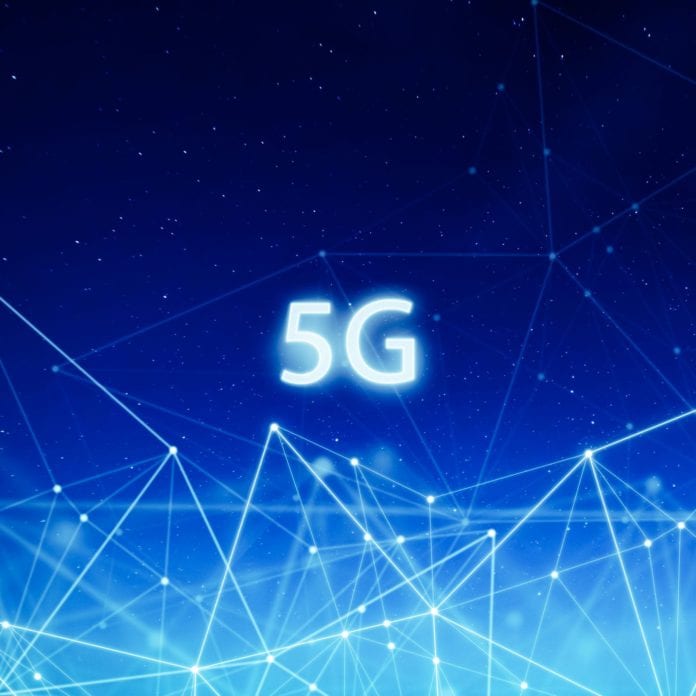The Asian carrier said it has already deployed a total of 5,500 5G base stations
South Korean telecom operator LG Uplus confirmed that it aims to complete the deployment of 5G infrastructure in major cities across the country by the end of the year, local press reported.
The carrier plans to speed up the deployment of its 5G network and create various content and services for customers.
“We will provide innovative services in partnership with small and medium-sized companies. We will also showcase high-resolution videos and augmented and virtual reality content to make Korea the world leader in 5G,” LG Uplus CEO Ha Hyun-hoi reportedly said.
LG Uplus has already deployed around 5,500 5G base stations, compared to an estimated 3,000 combined for rivals SK Telecom and KT, according to the report. The telco said that cities where the carrier already installed 5G base stations include Seoul, Incheon, Daejeon, Bucheon, Goyang, Gwangmyeong, Hanam and other cities in Gyeonggi Province.
The three Korean carriers launched limited 5G commercial services in December 2018 as part of an agreement with the ICT ministry to launch simultaneously to avoid excessive competition.The three mobile carriers initially launched the 5G service in limited areas in Seoul and other major cities. The 5G offering will initially focus on enterprise users, as there are not yet smartphones available which support 5G.
Korean operators have claimed they were actually the first ones to launch the next-generation network service using hardware approved by the 3GPP.
LG Uplus had previously announced plans to invest over 4 trillion won ($3.55 billion) for the deployment of a nationwide 5G network. The carrier has also said that it aims to launch the first 5G-enabled smartphones, which are expected to be released by sister company LG Electronics as well as Samsung, in March this year.
In June 2018, South Korea completed a tender process through which it awarded spectrum in both the 3.5 GHz and 28 GHz bands. The government made available a total of 280 megahertz in the 3.5 GHz spectrum band and 2,400 megahertz in the 28 GHz band. The spectrum was divided into 28 blocks and 24 blocks.
Participant operators SK Telecom, KT, and LG Uplus had a 10-block cap per spectrum band. The telcos paid a total of 3.6183 trillion won ($3.3 billion) for the spectrum, 340 billion won higher than the starting price of 3.3 trillion won.
The 3.5 GHz band licenses cover a ten-year period and the 28 GHz band licenses a five-year term.

